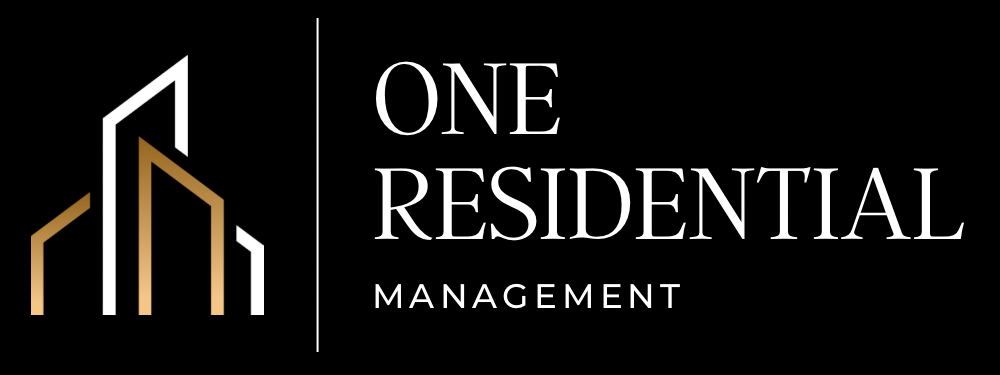The impact of sustainability practices in property
- August 1, 2023
- Posted by: Fabian Pritchard
- Category: Sustainability

Embracing Sustainability in Estate Management
In today’s world, sustainability is no longer just a buzzword; it’s a necessary approach to managing properties responsibly. As estate managers, we hold the unique position of being able to influence sustainable practices within residential and commercial properties. Let’s delve into key sustainability practices and why they are essential for modern estate management.
Energy Efficiency
Energy efficiency is a cornerstone of sustainable estate management. Simple measures such as installing energy-efficient lighting, using smart thermostats, and ensuring proper insulation can significantly reduce a property’s carbon footprint. Encouraging tenants to adopt energy-saving habits, like unplugging unused electronics and using energy-efficient appliances, also falls under this umbrella.
Renewable Energy Sources
Incorporating renewable energy sources is an impactful way to promote sustainability. Rooftop solar panels and wind turbines can provide clean, renewable energy to properties, reducing reliance on fossil fuels. Additionally, embracing community solar projects can be a cost-effective way to supply green energy to multiple properties.
Water Conservation
Water conservation is critical in sustainable estate management practices. Installing low-flow toilets, faucets, and showerheads can greatly reduce water usage. Rainwater harvesting systems can be employed to collect and recycle water for landscaping and other non-potable uses. Encouraging tenants to be mindful of their water use can further enhance conservation efforts.
Waste Management
Effective waste management is integral to sustainable practices. Providing tenants with ample recycling options and educating them on proper disposal methods can drastically reduce landfill contributions. Composting organic waste on-site can also enrich soil for landscaping, offering a full-circle approach to waste management.
Sustainable Landscaping
Landscaping plays a significant role in a property’s sustainability. Choosing native plants that require less water and maintenance can create beautiful, eco-friendly gardens. Implementing green roofs and living walls can improve air quality, reduce urban heat islands, and provide insulation, lowering energy costs.
Green Building Certifications
Pursuing green building certifications like BREEAM, LEED, or the Passivhaus standard can validate sustainable practices and attract eco-conscious tenants. These certifications focus on aspects such as energy performance, water efficiency, and indoor environmental quality, underscoring a commitment to sustainability.
Tenant Engagement
Engaging tenants in sustainability initiatives is crucial for achieving long-term goals. Hosting workshops on sustainable living, providing resources and incentives for eco-friendly practices, and facilitating a community garden are excellent ways to foster a culture of sustainability within properties.
Technology Integration
Technological advancements offer new avenues for sustainable estate management. Smart home systems can automate and optimise energy use, while data analytics can provide insights into resource consumption patterns, helping to identify areas for improvement.
Conclusion
Sustainability in estate management is more than just an ethical choice; it is a strategic imperative that benefits landlords, tenants, and the environment. By integrating energy efficiency measures, promoting renewable energy, conserving water, managing waste effectively, and engaging tenants, estate managers can drive significant positive change.
At One Residential Management, we are committed to embracing and promoting sustainable practices. We believe that together, we can create a greener, more sustainable future for all.
1 Comment
Comments are closed.

Hi, this is a comment.
To get started with moderating, editing, and deleting comments, please visit the Comments screen in the dashboard.
Commenter avatars come from Gravatar.